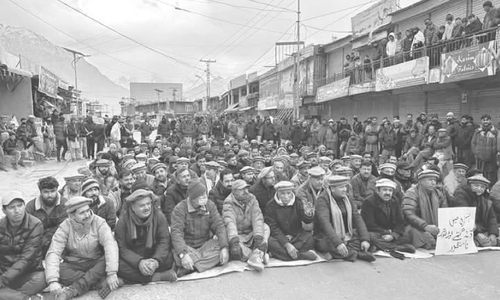POLIO virus is known to attack more severely at an early age but just like other viral diseases, only prevention is possible by injecting weak and alien virus of the same type in the human body called vaccination.
Miracles of the polio vaccine are well known to the world. The disease is under control due to effective vaccination worldwide, with only a few cases of the disease reported. The UN has played a vital role in this regard. However, there are a couple of countries in the world that are not polio-free.
Millions of dollars have been spent by international donors and rigorous campaigns are proving to be fruitless, especially in certain parts of the country.
There are many reasons for the situation. The cycle or amount of vaccination required is not clearly defined; campaigns start without any clear timeframe and announcements annually.
Secondly, lack of awareness due to poor advertisements that are mostly limited to national channels is also the reason.
Third, many misconceptions have done the rounds locally about the effectiveness and side-effects of the polio vaccination.
The questions raised by the local population include:
Why is it necessary to get vaccinated twice or thrice every year up to the age of five years when no other vaccine takes such a long cycle?
Why is this vaccine imported and not manufactured locally whereas many vaccines are prepared locally etc?
Does it affect the fertility of a human being?.
There is also a lack of transparency and corruption in the vaccination programme, because of which many donors are reluctant to participate actively. All such reasons have made the vaccination programme questionable in the eyes of common citizens and has led to a total denial in some remote areas like Fata.
In order to make our nation polio-free, concrete solutions to the above-mentioned discrepancies should be provided that include effective awareness among the people about the virus and vaccination; the need for recurrence of vaccination and a proper and pre-established timetable throughout the country should be effectively advertised.
Also, awareness programmes should be telecast answering questions and clearing misconceptions with scientific reasons and technology background.
A more transparent and vigorous approach should be exercised by provincial governments with proper security measures and developing close coordination with donors to provide a more effective vaccine with a reduced number of doses required.
PROF SHAHZAD ANWAR Sialkot










































